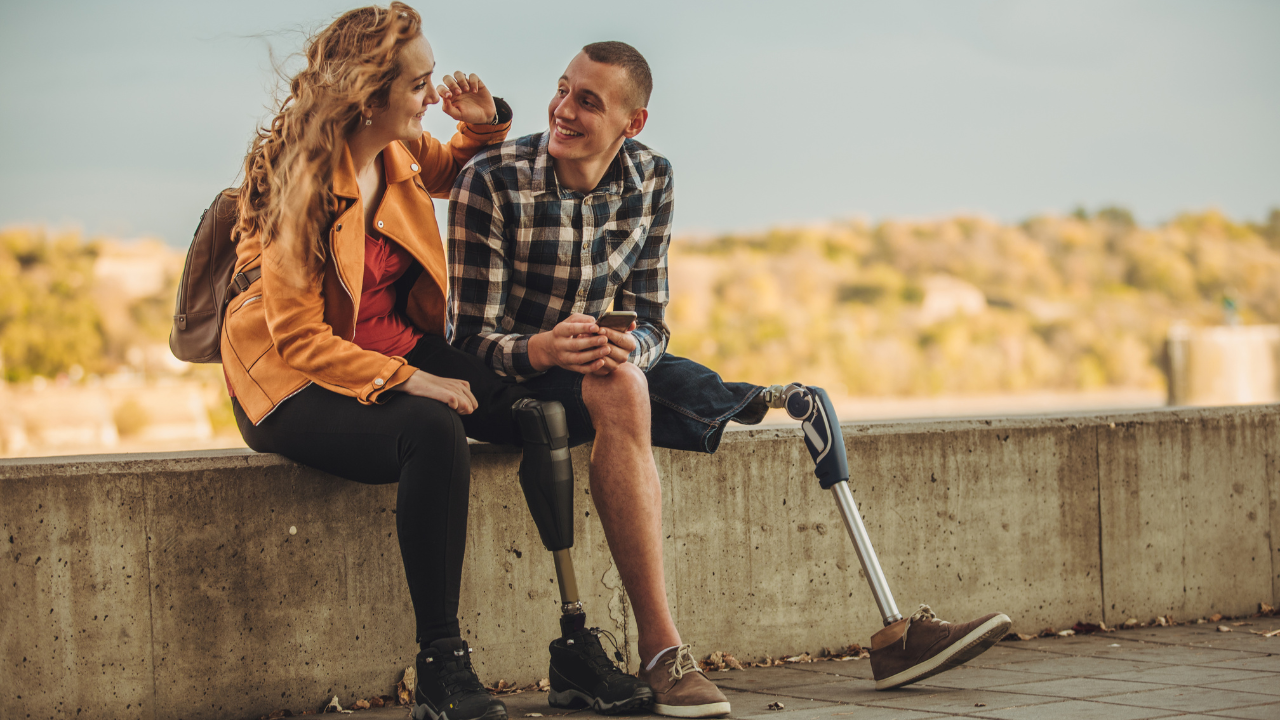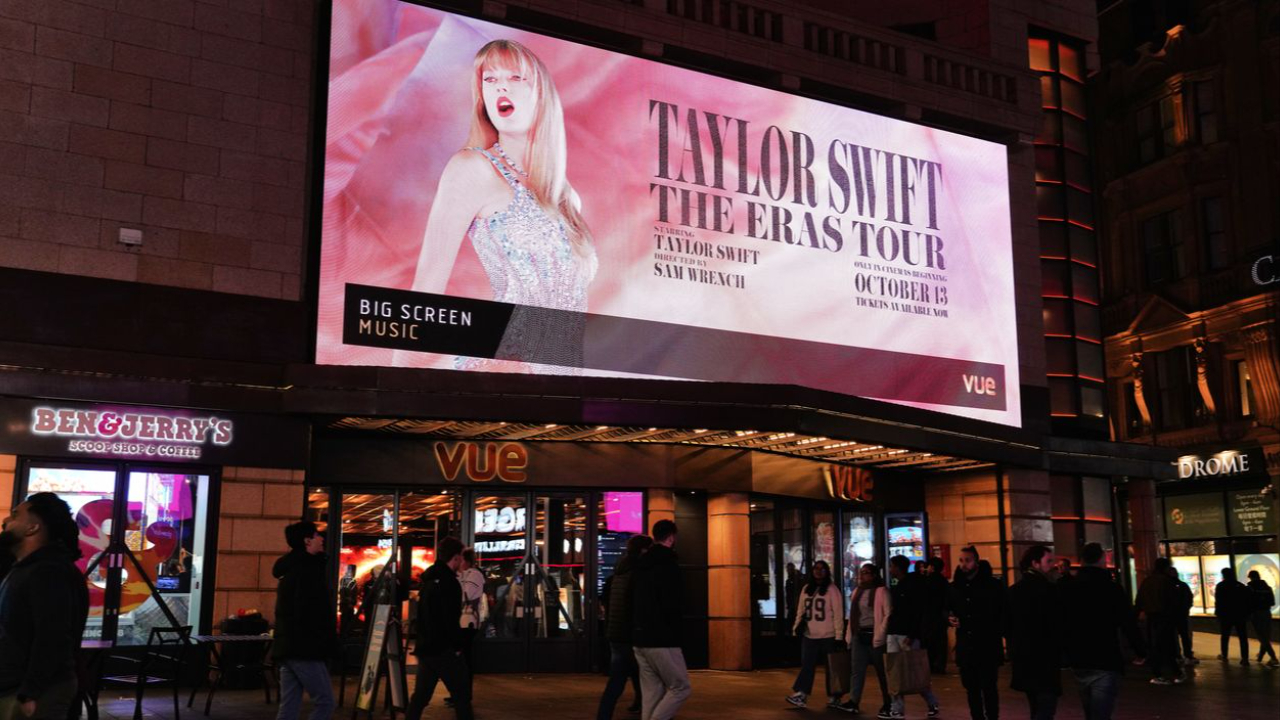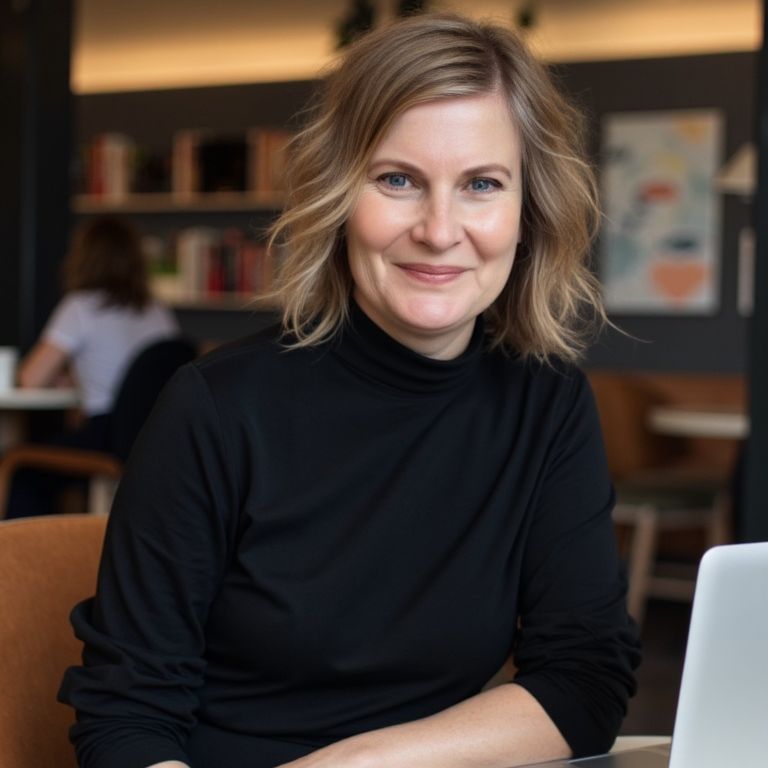The Sisterhood Wound
Jun 24, 2022
The sisterhood wound, at its core, often shows up as a wound around belonging. We live in a world where belonging is established through systems which clearly define the class of 'belonging' and the class of 'outsider' and then deliver privileges to those that belong. We're broken into binaries (male and female, white and black, cis and trans, straight and queer, ably bodied and disabled, rich and poor, thin and fat) and then those binaries are placed in hierarchical relationship with one another, the former on top, the latter on the bottom.
All of these systems pitch women against one another. They encourage competition rather than collaboration. They see us fighting for space in the small and narrow boxes that confine us rather than looking beyond those boxes to what keeps us contained in the first place. We start to unconsciously define ourselves as either insider or outsider, aligning ourselves with the source of power, or abandoning traditional power structures altogether in search of freedom from constraint.
And as we try to navigate our way through these complex waters we also end up focusing on problems outside of ourselves rather than questioning how these things persist within and influence our perceptions, our behaviour, and even the gut feelings and intuitive guidance we receive. Which means that when the sisterhood wound remains unresolved, we find ourselves:
- Struggling to be part of women's only group experiences
- Aligning ourselves with men and other people enjoying systemic power, rather than with each other
- Turning internalised self hatred against other women (where women hold other women to a higher and different standard than men and then enforce it with a ferociousness that is quite something to behold)
- Dishonouring each other - talking behind each other’s backs in friendship groups, in coaching circles, in online forums - and creating cliques within groups of women
- Refusing to openly acknowledge problems (because women are not conditioned to confront people openly and so the problems are minimised and the emotions suppressed)
- Having a preference - when thinking about future children - for boys because 'girls are such hard work' and 'boys are easy'
- Speaking up against each other but not against men (in patriarchy it's so much easier to turn against women than it is to be the 'troublesome woman' defying a man, challenging masculinity, or speaking about the operation of sexism. And because women are trained to avoid confrontation, while men are encouraged to be confrontational, invariably there are fewer repercussions to speaking up against a woman than there are against a man)
- Choosing not to raise each other up, whether at home, in the workplace, or in our communities
- Disrespecting other women's businesses - by not paying them or angling to pay them less than a man for the same service, bad mouthing their service to others rather than speaking to them directly about any concerns, copying their work, and generally treating their business as though it were a hobby or just not as serious as other (namely male owned) businesses.
If you are holding space for a group of women, or you hope to, it's imperative that you heal the sisterhood wound.
Some of the ways we do that in our program Women Speaking Up include:
- when a new student joins the program they're encouraged to take a clearing exercise around being in a space with a group of women, all of whom are working on upping their visibility game, and who therefore might well trigger unaddressed or unacknowledged wounding. We also ask them to familiarise themselves with the way we engage with one another in the program (we have detailed guidelines about how to show up in the collective space and about taking personal responsibility for the emotions that inevitably arise in a group coaching program. I also make sure that all students know what it looks like to be triggered and what to do about it when they are)
- we have a specific 70 minute class on the sisterhood wound where we consciously dig up all of the beliefs and stories we've gathered over the years about women (these beliefs look and sound like; women can't be trusted, women don't support each other, women stab each other in the back, women judge each other). It would be impossible to live in the world we do and not have inherited negative beliefs about women. Because so many of our students are building communities filled with women (although not always exclusively), I consider this belief clearing work imperative to leading well and being visible as the leader of such communities
- having been ruthlessly bullied by a bunch of girls when I was in primary school, I spent a lot of time clearing out the sisterhood wound when I first started working 1:1 with women and even more so when I first started teaching group coaching programs. I knew that if I didn't do that, that whole experience would come back to haunt me in those group settings. Thankfully I've always been able to create mutually supportive spaces where people cheer each other on and are both kind and thoughtful to one another, and I attribute that fact, to a great degree, to the work I did early on around clearing the sisterhood wound
- as the person holding space for the Women Speaking Up students, I have clear boundaries both within myself and within the group around gossiping, speaking behind people's backs, complaining but not speaking up about a problem to the person who can fix it, and cliquy behaviour of any sort. I'm not always speaking explicitly about these things, rather I model what I want to see and where needed, I create private moments to call people in. I also support people in clearing the visibility related issues associated with setting healthy boundaries (poor boundary setting being so regularly associated with wanting to be seen to be nice) and also about developing the capacity for difficult conversations.
Yes, some people are mean and judgmental and not the kind of people you'd choose to spend time with. Many of those people may be women. But I wonder if, in making that assessment in the future, you might also remember that those women are probably also walking around, impacted by the sisterhood wound. When we remember this, we're able to start different conversations on social media, with our friends, and inside our communities.
Rather than focusing on individual problems, we might remember these problems are also systemic. Which means we can start to have broader conversations about exactly why girls can be so bitchy and passive aggressive whilst boys will often resolve an issue by punching one other and moving on. It all comes back to what we're comfortable with being seen to do, who we're told we're allowed to be. Until we break down all layers of this, the people we are, and the communities we build, will continue to be negatively impacted by systemic wounding.





